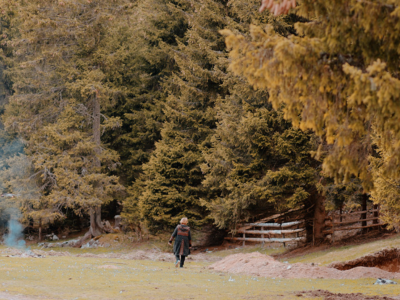
Strengthening legal pathways to land and property rights for Kosovan rural women
01/07/2025
Advancing gender equality and ensuring equitable access to land and property for rural women is essential for sustainable rural development. To promote increased equity in land tenure, a series of legal advisory workshops were recently held in Pristina, Prizren, and Istog, bringing together over 130 licensed notaries and municipal cadastral officials from across Kosovo1. Three workshops held on 24 and 31 May and 14 June 2025 were organized under a project on promoting rural women’s empowerment, that is jointly implemented by the Food and Agriculture Organization of the United Nations (FAO) and UN Women, with financial support from the Austrian Development Agency (ADA), and in close collaboration with the Notary Chamber of Kosovo.
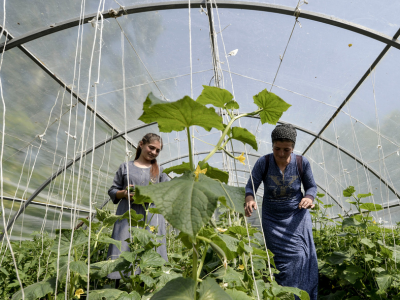
Regional workshop in Bishkek promotes uptake of climate-smart agricultural practices
27/06/2025
Agriculture remains a vital sector for employment in Central Asia. As the region faces significant challenges, including climate change, land degradation, and limited farmer access to innovative technologies, the adoption of advanced and adaptive farming practices becomes increasingly crucial. On 10 June, a three-day Regional Training on Climate Smart Agriculture began in Bishkek, Kyrgyzstan. Organized by the Food and Agriculture Organization of the United Nations (FAO), as part of its project Small Farmers as Agricultural Innovators for Sustainable Agrifood Ecosystems.
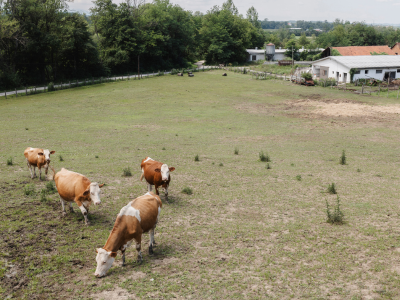
FAO regional workshop discusses response to ruminant disease outbreaks in Europe
26/06/2025
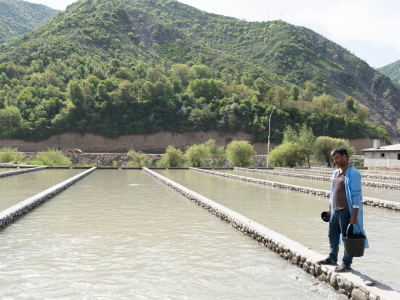
Tajikistan hosts workshop to promote gender-transformative approaches in fisheries and aquaculture
26/06/2025
Women across Central Asia and the Caucasus play a critical role in fisheries and aquaculture value chains. Typically, they are involved in pre- and post-harvest activities, such as net mending, fish processing, marketing and trade, while men take on fishing roles, particularly in coastal and deep-sea waters. To address these challenges, the Central Asian and Caucasus Regional Fisheries and Aquaculture Commission (CACFish), in collaboration with the Regional Office for Europe and Central Asia of the Food and Agriculture Organization of the United Nations (FAO), and FAO’s Representation in Tajikistan, convened a national workshop in Dushanbe to bring together policymakers and practitioners in support of gender-transformative approaches in the fisheries and aquaculture sectors.
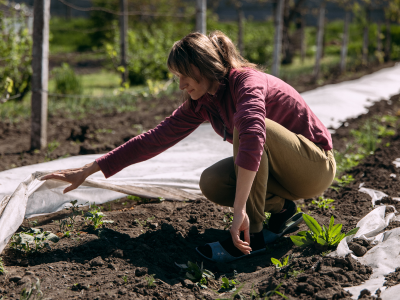
FAO envisions a sustainable agricultural sector in Europe and Central Asia
24/06/2025
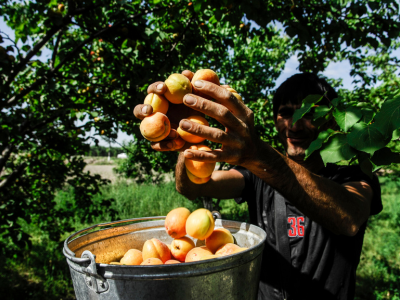
FAO webinar helps strengthen national SDG reporting in Turkmenistan
20/06/2025
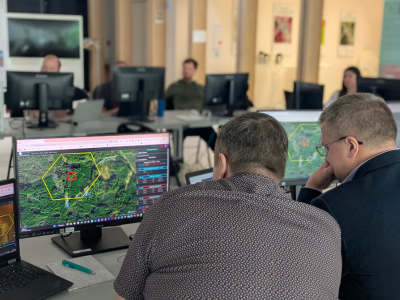
Tracking Europe’s forests through FAO’s remote sensing survey
18/06/2025
The Food and Agriculture Organization of the United Nations (FAO) has trained European experts in advanced remote sensing methodologies that will help generate consistent, comparable and high-quality data on the region’s forests. At a week-long training event hosted by the French National Institute for Geographic and Forest Information (IGN) in Saint-Mandé in May, 12 experts from France, Germany, Italy, Norway, Spain, Sweden and Ukraine learned to use Collect Earth Online (CEO) – an open-source software for satellite image interpretation – to collect data for assessing forest extent, trends and drivers of change from 2000 to 2024 based on a statistical sample.
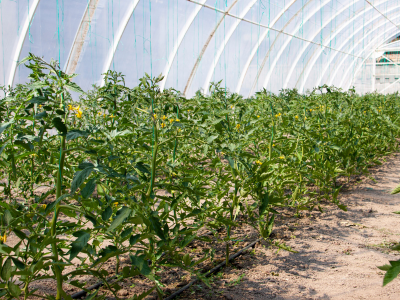
FAO urges efficient and sustainable water management at the Hamburg Sustainability Conference
13/06/2025
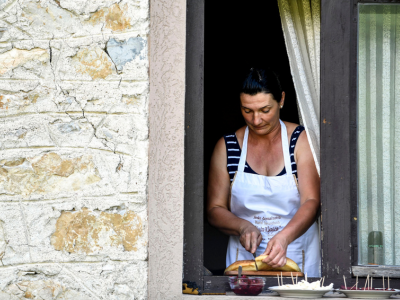
Rural women take centre stage in Montenegro’s Parliament as historic declaration is adopted
12/06/2025
On 8 May 2025, the Parliament of Montenegro hosted the 18th session of the “Women’s Parliament,” under the theme “Voices of Women from Rural Montenegro.” The session aimed to amplify the voices of rural women, recognize their contributions and advocate for their stronger representation in public life. It culminated in the adoption of the Declaration of the First Rural Women’s Parliament, a significant step toward inclusive policymaking and the recognition of rural women as key contributors to sustainable development.
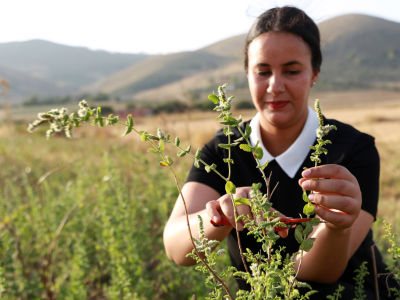
Using the power of youth to revive rural areas
11/06/2025
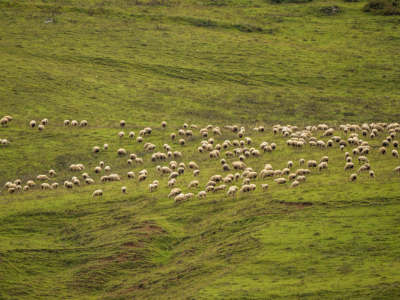
Major initiative on ruminant biosecurity in the Black Sea region comes to an end
10/06/2025
A five-year regional initiative by the Food and Agriculture Organization of the United Nations (FAO) on better ruminant biosecurity has concluded last week with a workshop in Barcelona, Spain. The project has been supporting nine countries around the Black Sea Basin to improve disease prevention and control in ruminant livestock systems. The workshop, hosted by the Faculty of Veterinary Medicine of the Universitat Autònoma de Barcelona (UAB), the key research partner in the project, brought together veterinary authorities and academic partners from the participating countries.
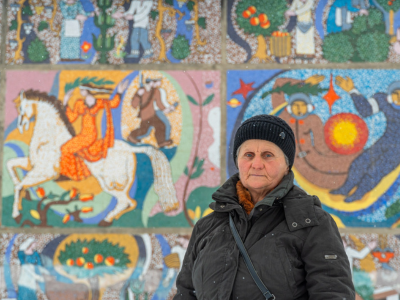
Smallholder woman farmer flourishing with innovative cheesemaking and modern dairy production practices in Georgia
06/06/2025
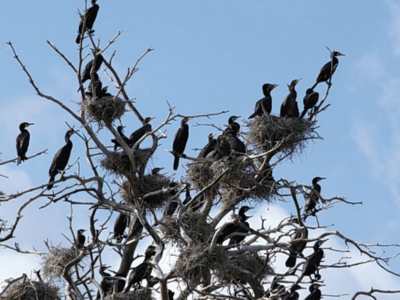
New European plan aims to curb cormorant impacts on fisheries
05/06/2025
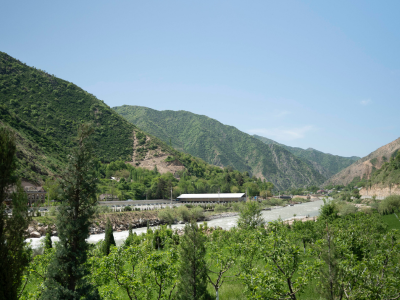
Central Asian countries unite for sustainable water and land management
04/06/2025
Central Asia, home to ecologically important river and wetland systems, extensive grasslands, and high mountain ranges that support unique biodiversity, faces escalating pressures. The region is particularly vulnerable due to its arid nature, increasing demands for natural resources, unsustainable development, and changing climate patterns, which contribute to an estimated USD 6 billion in annual economic losses related to land degradation alone. In response, five Central Asian countries – Kazakhstan, Kyrgyz Republic, Tajikistan, Turkmenistan, and Uzbekistan – are supporting the development of the Central Asia Water-Land Nexus (CAWLN) programme.
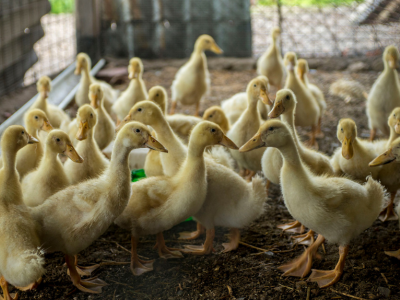
FAO launches two-year initiative to prevent antimicrobial resistance in the Moldovan agrifood sector
04/06/2025
The Republic of Moldova is stepping up its efforts to combat antimicrobial resistance (AMR) within its agrifood sector through a comprehensive new project launched by the Food and Agriculture Organization of the United Nations (FAO) in collaboration with national authorities. The initiative was inaugurated through a series of workshops held in Chișinău from 12 to 16 May 2025. More than 30 national partners from the agrifood and health sectors gathered to strengthen intersectoral cooperation and assess progress in the Republic of Moldova on combating AMR.
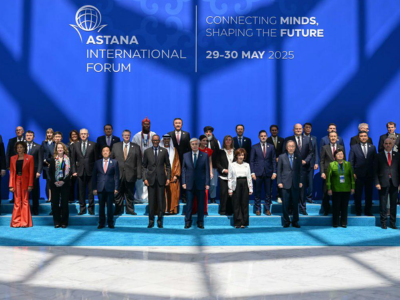
Astana International Forum: FAO calls for increased investment to unlock Central Asia’s potential and address regional challenges
29/05/2025

Virtual training for veterinarians aids in the reporting and prevention of zoonoses
30/05/2025
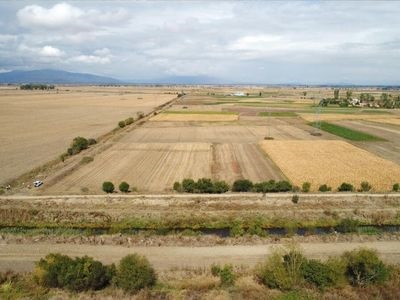
LANDNET workshop to discuss good practices on land consolidation success in Europe and around the world
28/05/2025
In many countries of the Europe and Central Asia region, the majority of smallholder farmers own fragmented land parcels that are difficult to farm efficiently, hampering economic growth and sustainable production.
One solution is land consolidation, the reallocation of agricultural land parcels to improve the farm structure. At a three-day LANDNET workshop in Budapest, Hungary, from 28 to 30 May, experts from more than 30 countries will discuss how the process benefits women’s land rights and tenure security, combats climate change and land degradation, and boosts the development and regulation of agricultural land markets.
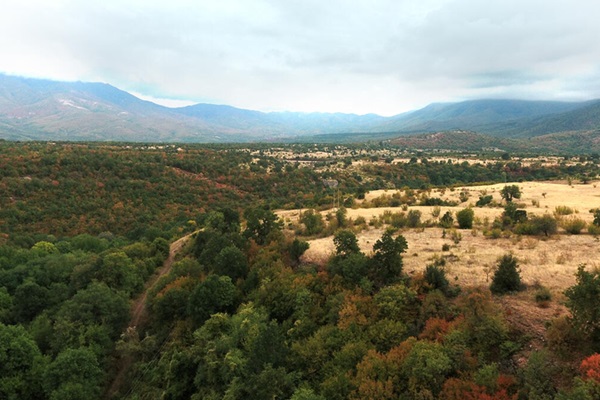
Enhanced forest fire management will bolster North Macedonia’s climate resilience
27/05/2025
North Macedonia’s forestry sector, historically the country’s primary greenhouse gas (GHG) sink, is increasingly vulnerable to the impacts of climate change. More frequent forest fires, rising temperatures, and land use changes are weakening the sector’s ability to sequester carbon. To reverse...
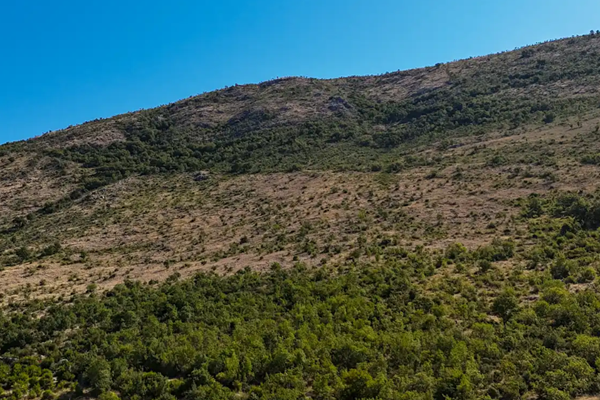
Collaboration is key to successful land management in Bosnia and Herzegovina
26/05/2025
While Bosnia and Herzegovina has successful examples of land degradation neutrality efforts, more aggressive action is needed to address the broader challenges.
The priorities should include harmonising land regulations across both entities and Brčko District, followed by the adoption of unified methodologies and the creation of reliable collection, storage and analysis capabilities. Only through an approach that ensures a uniform framework across all administrative units in Bosnia and Herzegovina can the issue of land protection be effectively addressed.
